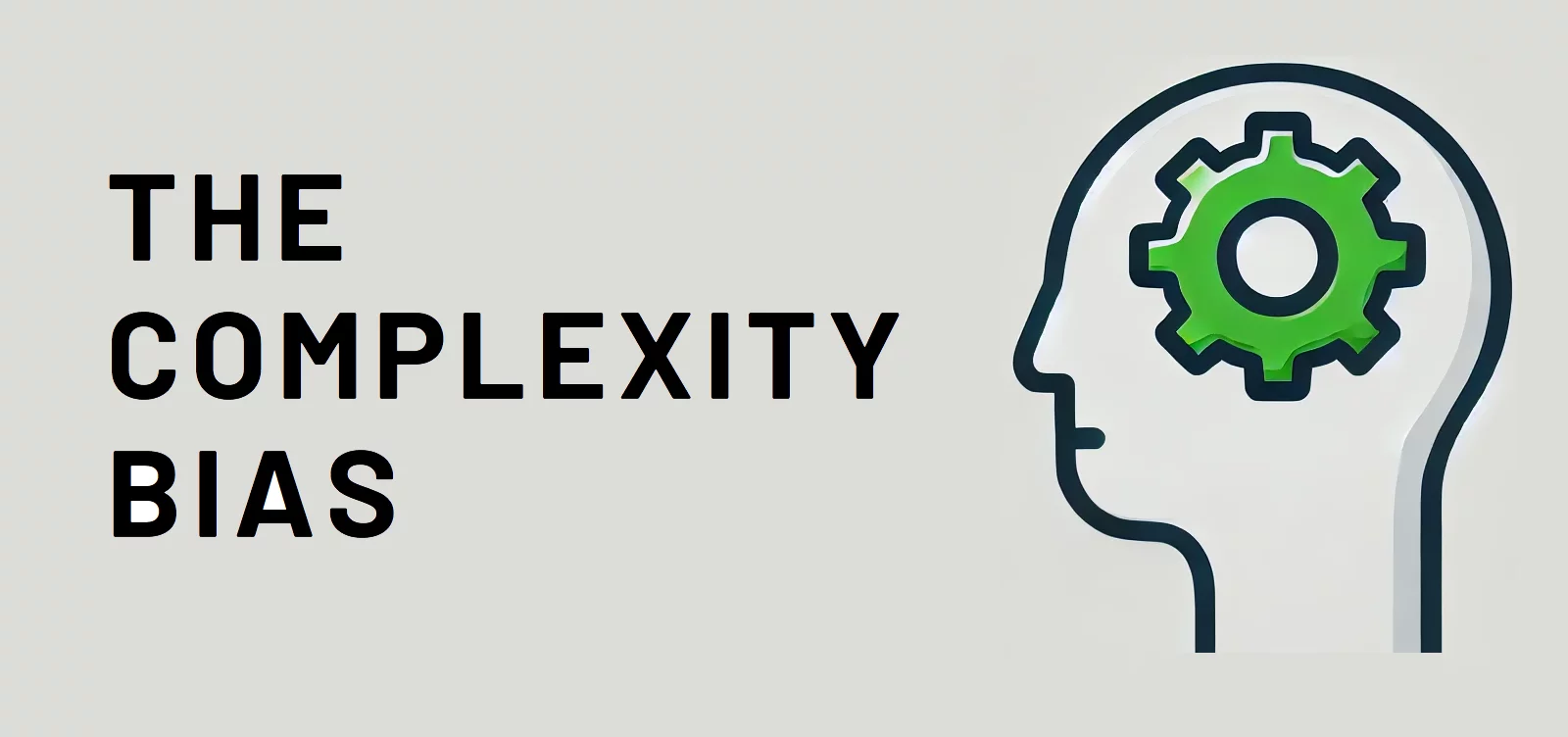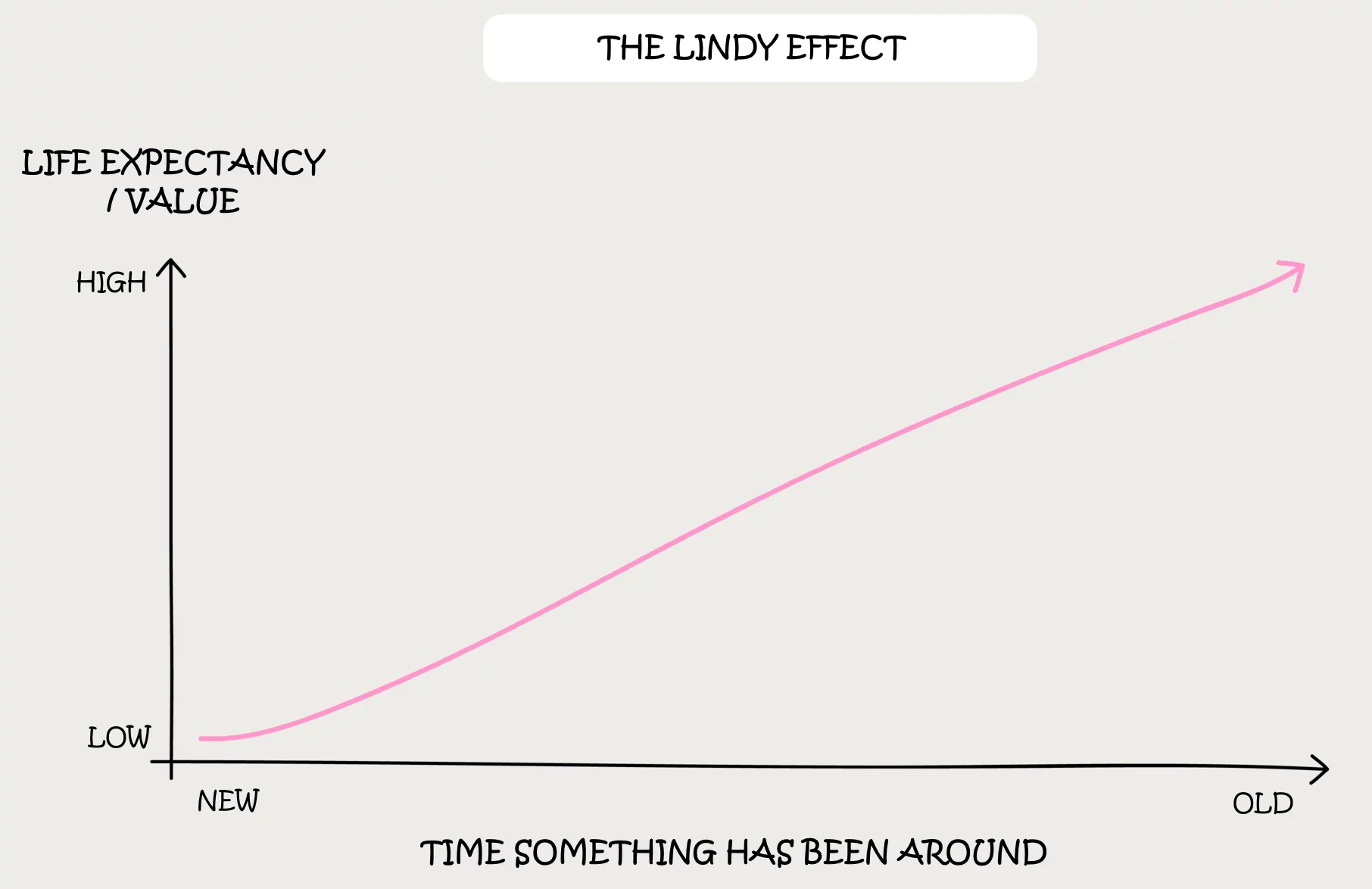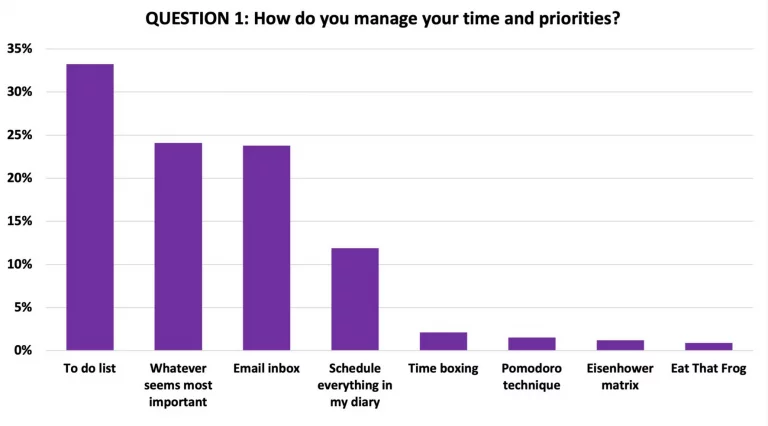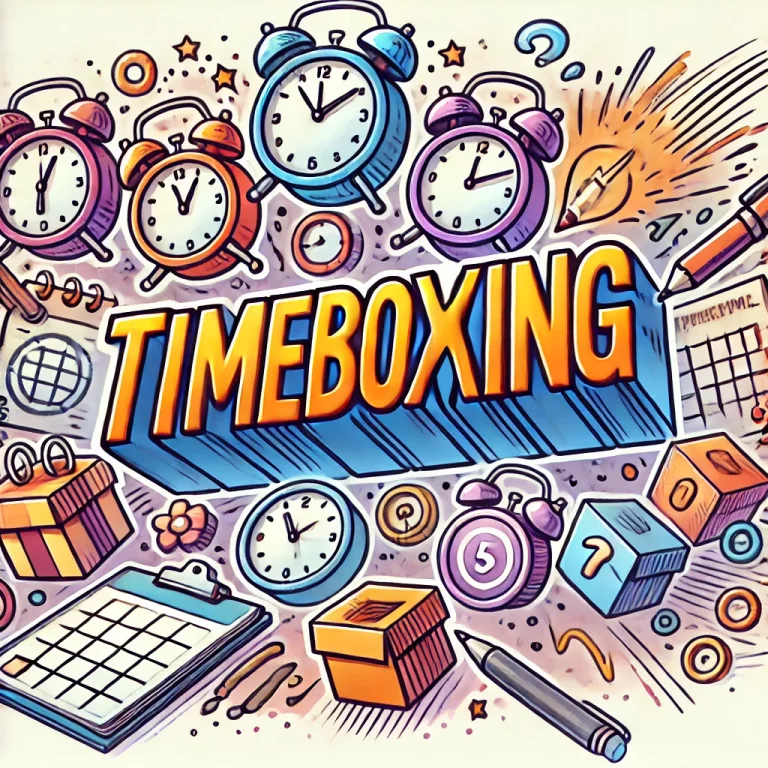
3 Ways To Beat The Complexity Bias
The human brain loves to prioritise complex tasks.
But a key fundamental we teach on our Time Management courses is not to waste time!
What Is Complexity Bias?
Complexity bias is the cognitive tendency to prefer complicated solutions to simpler ones.
This can lead to overthinking and inefficient problem-solving.
Why Does It Exist?
Complexity bias is a form of perfectionism.
The more complicated something is, the smarter it makes us feel.
We are hard-wired to think that ‘clever’ solutions will be more effective.
On the other hand, simple solutions ‘feel’ less clever, and we assume they are less effective.
This means we tend to favour complicated solutions over simpler ones, even though they are usually slower, more expensive to implement and ultimately less effective.
This is also a form of procrastination, as people leave simpler tasks behind as they assume they can handle them quickly later!
People drop them in favour of a ‘shiny new object’ which they convince themselves will be a better solution.
3 Ways To Beat It
This isn’t a new problem.
People have been wrestling with this for hundreds of years.
A great start is to run a time audit to see how much time you have been losing, and then implement these three simple tips.
1. Consistency Matters
Most of the value of a project comes in the last 20% of the work. Completion matters.
Similarly, with habits, it is consistency that matters. The Seinfeld Strategy is an amazing tool you can use to become more consistent.
As anyone who has ever signed up for a gym can attest – the best routine is the one you stick to.
Given that there will always be other methods and solutions, you need to take a practical, hands-on view when choosing an ideal one.
What can I really honestly say I believe I will manage to get done?
2. Use The 80/20 Rule
The 80/20 rule says that 80% of the value in a project comes from 20% of the inputs.
Whether they are time, money, or something else.
This is a reminder that an easy solution will be the most efficient solution, and so there is good reason to prefer it over the more complex one.
The 80/20 Rule is also known as the Pareto Principle, and it is a great tool for time management.
3. The Lindy Effect
The Lindy Effect says that the longevity of something in the future is proportional to how long it has been around.
If an idea or plan has been around for a long time and has ‘survived’: then it is likely to be in use for a long-time in the future and so more valuable.
This means you avoid new fads and stick with tried and tested ideas that, although boring, will probably work very well.
Put first things first and make sure you have the basics right before allowing yourself to move onto newer ‘shiny objects’!
You Can’t Unsee It!
Now that you know about complexity bias, you will probably see it in all sorts of places!
Avoiding complexity bias is incredibly important for being productive.
Be self-aware, practice good habits and start taking back control of your time.
- Facebook: https://www.facebook.com/profile.php?id=100066814899655
- X (Twitter): https://twitter.com/AcuityTraining
- LinkedIn: https://www.linkedin.com/company/acuity-training/




